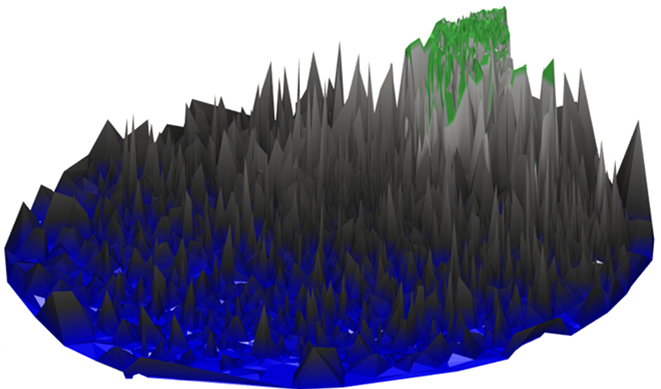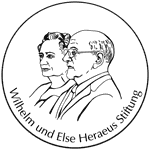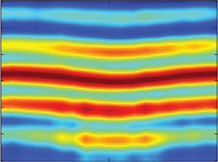
619. Wilhelm und Else Heraeus-Seminar
Quantum Speed Limits
Physikzentrum Bad Honnef,
June 8 - 10, 2016

Scientific organizers: Tommaso Calarco and Jacob Friis Sherson
This seminar is funded by the Wilhelm and Else Heraeus Foundation.
Scientific background
Despite the prominent role that time-dependent, non-equilibrium quantum dynamics plays in contemporary physics, a series of open questions still exist concerning its limits in various aspects. One property recently emerged as best summarizing in a unified way the answer to most of these questions is the "Quantum Speed Limit", defined as the minimum time scale that it would take for a given system under the influence of a given set of external controls to perform a given evolution in its quantum state.
Pushing quantum evolution to its limits was originally a question of mainly fundamental interest, but it quickly acquired a relevant applied dimension, as quantum technological applications increasingly seek to achieve high-fidelity operation of qubit processing over the shortest possible time scale in order to prevent the interaction with the environment from deteriorating the coherence process.
It is the goal of the 619. Wilhelm and Else Heraeus Seminar to advance the state-of-art of the "Quantum Speed Limit" and to build a community around this topic by bringing together experienced researchers of various fields working on related topics. In addition, we want to give PhD students and young postdoctoral researchers an introduction to this new and rapidly developing field.
In particular, we will cover the topics of
For each of these topics we have been able to attract lecturers whose pioneering work has formed these fields.
Structure of the seminar
Besides many stimulating talks by renowned scientists there will also be an informal poster session with beer and wine on the second evening. Here, the young researchers will be given the chance to present their own research to their peers and to the experienced, senior researchers. From these poster contributions a small jury will select three posters, which will be awarded on Friday following the lectures.
The evening dinners will allow the participants to socialize as well as giving them the opportunity to discuss the scientific issues in a relaxed unconventional setting.
Program structure of the days of the seminar
The themes are covered and further developed by overview talks, poster session, and discussions. The seminar includes:
- 19 overview lectures: 30 minute lecture + 15 minute discussion
- Poster session: 2 hours with beer and wine (Wednesday evening)
- Poster awards (Friday before lunch)

